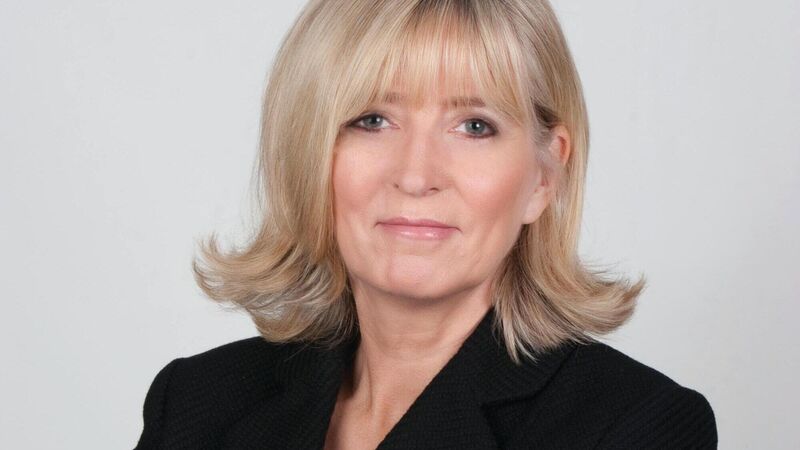Emily O'Reilly on the rise of the right and her election fears

Emily O’Reilly: 'Elections will be important. But of course, a lot of people use them as a way of giving their governments a bit of a kicking on issues that have nothing to do with the EU or nothing to do with the European Parliament.'
Emily O’Reilly is not one for predictions, and who could blame her?
The Dubliner, who has been the European Ombudsman since July 2013, says that if last year is anything to go by, she would prefer to stay away from predictions.











